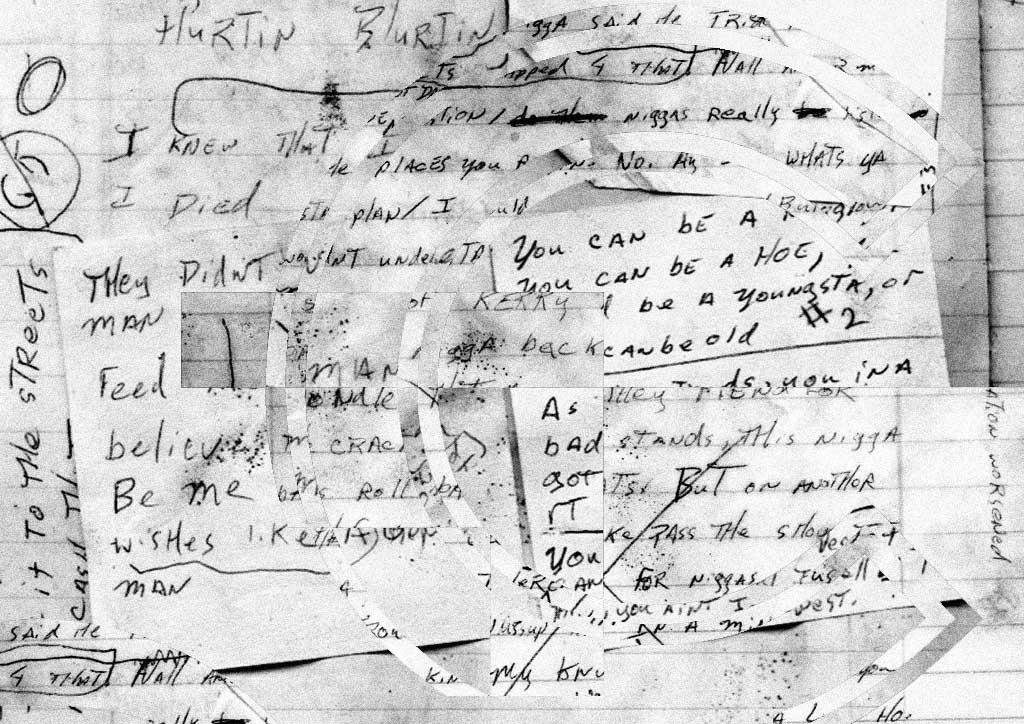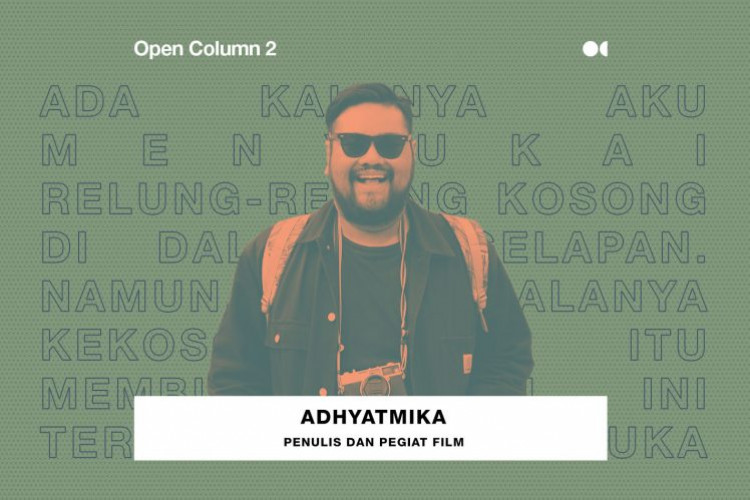
Lyricism has become an essential part of much music today. Whether narrating a story, declaring emotions, or simply boasting, lyrics add a layer of imagery – often intensifying the instruments’ emotive quality by honing a song to a particular theme. In many cases, lyrics makes the music more attractive and easier to listen to, as listeners can relate to the human voice – an instrument that all of us posses. One of the most lyrical of music genres is hip-hop.
Hip-hop music, specifically the ones with emcees rapping over, is an art form that heavily emphasizes lyricism. As instrumentals consist of loops, the repetitive patterns create the perfect theme for emcees to say their messages over, as the raps become the most dynamic ‘instruments’ of the song thanks to the cadence and content. Whether it is a verse consisting of intricate and dense rhymes or a simple chorus, the vocal acts like a jazz solo as it takes center stage over the supporting instrumental.
The arrangement of words creates a cadence, that is, a rhythmical effect from pronouncing words. Acting like a set of percussions, the words spoken become musical through inflections, intonations, and pauses. Although this pertains to almost any kind of music with vocals, raps traditionally do not emphasize the vocal melodies like other types of music, its delivery most of the time more dense and (lack of a better word) deadpan in comparison – making its reliance musically to the arrangement of words in their bars stand out that much more. As different accents and languages have different cadences, the musicality of the lyrics also has the ability to communicate a specific local flavor. Even if one does not understand French or Indonesian, they can identify and appreciate the distinct cadences of both languages and how they ride a beat differently.
In terms of content, there aren’t really any limits to what an emcee can talk about in a song. But the rather (again, lack of a better word) deadpan delivery and density of raps makes it sound relatively close to speaking, resulting with lyrics that are often times much more explicit and impactful than what is found in other genres. It is this ability to explicitly deliver a message that makes hip hop such a profoundly great tool for commentary, and it being repeatedly scrutinized by the public. Take for example, 2 Live Crew. In 1990, a year after releasing their album, As Nasty As They Wanna Be, the group found themselves on an obscenity trial for album lyrics the prosecutor described as “deviant sexual acts” (New York Times “Obscenity or Art? Trial on Rap Lyrics Opens”) – the group was later acquitted of the charges. The phrase “Don’t Believe the Hype” has become common after Public Enemy coined the term in the same-titled song from their second album, released in 1988. Words are, needless to say, very powerful means to express an idea.
As cadence is inherent in any sentence and there is an artistic freedom to write about any subject matter in any number of ways, wit is perhaps the most important element in hip-hop lyricism. Creatively building the rhythmic pattern of verses to deliver a clear message (whether explicit or implicit) in an original and memorable manner isn’t an easy task. Not unlike a writer of literature, emcees use metaphors, similes, and other literary techniques to convey their ideas. One of the most celebrated albums for its lyrical content is Nas’ Illmatic, his cleverness and ability to vividly paint pictures of his surroundings and experiences made critics and fans worldwide herald him as arguably the best hip-hop lyricist of all time. In his album opener, NY State of Mind, one of the most memorable moments was when he described a shoot out and him reaching for a gun by saying “the mac 10 was in the grass and I ran like a cheetah with thoughts of an assassin.” Through that one sentence, Nas described his surroundings, the speed and urgency to grab the firearm, and his psyche as he ran for the gun to kill like an assassin. The concept is quite simple – Nas hurriedly grabbed a mac 10 to kill whomever– but his choice of words created a mood and atmosphere listeners can imagine.
One’s wit isn’t measured by literature technique-savvy, a good placement/timing of the most simple phrases can also create a memorable musical moment. In Shook Ones pt.2, Prodigy of Mobb Deep says “Rock you in your face, stab your brain with your nose bone” – a relatively uncomplicated statement, but one that is memorable due to its timing and unsettling straightforward violence.
Music such as hip-hop put great emphasis on lyricism, making the verses not only essential in terms of how musical they are, but also in terms of the content and structure they are delivered in. It is part of a great art form that is music, and is worthy of being a focus during a listening session.











